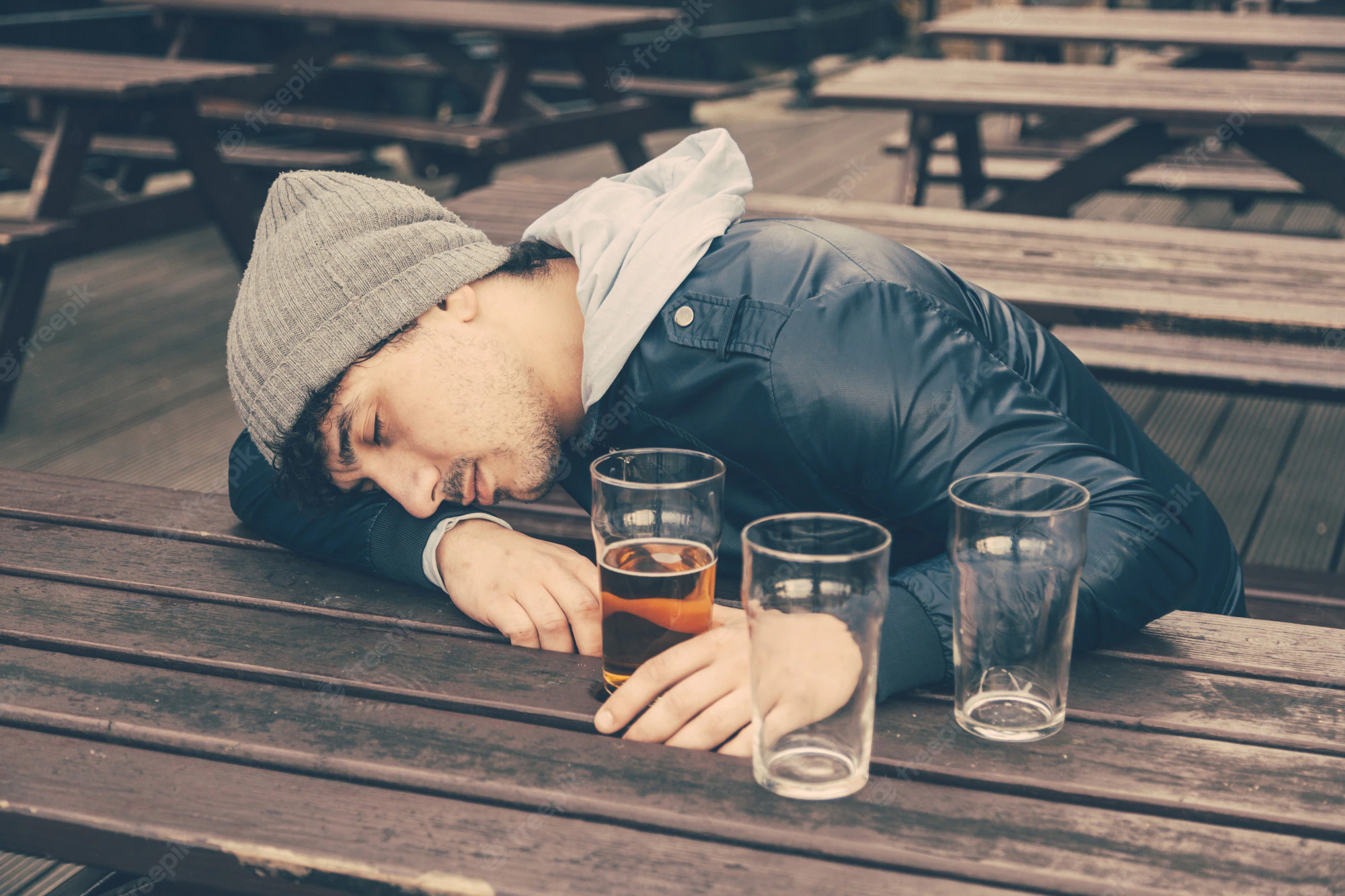College is a time for experimentation, personal growth, and independence. For many students, that also means trying new things and testing new limits. While this can lead to positive experiences, it also increases the likelihood of negative ones. Intense schoolwork, pressure to succeed, social isolation from family and friends, and increased access to alcohol are just a few reasons why college students are more likely than any other age group to binge drink. Here, we’ll look at binge drinking, why it happens so frequently among young adults in college, its risks, how it can be prevented or reduced among student populations, and how you can help a friend or loved one who is struggling with alcohol misuse, even if you need a custom written paper on the subject https://ewritingservice.com/buy-term-papers.html.
Binge Drinking and College Students: The Silent Pandemic
Binge drinking is a widespread and concerning issue among college students. In fact, according to the National Council on Alcoholism and Drug Abuse, almost half of all college students who drink will binge at some point. Fortunately, there are ways that you can address this problem as a concerned friend or parent. Understanding what constitutes “binge drinking” and why it’s harmful can help you find solutions for those you love. This article explores binge drinking and college students and potential solutions for your loved one in recovery from alcohol abuse.
What is binge drinking?
Binge drinking is consuming large amounts of alcohol in a short period. It is a form of excessive drinking that can lead to various adverse health, social, and academic consequences. It is mostly defined as consuming four or more drinks for women and five or more for men during a single occasion. Binge drinking is distinct from heavy alcohol use, as it refers to a single occasion of drinking rather than an extended period. College students are at greater risk of binge drinking than younger adolescents and binge drink more frequently than adults.
Why do college students binge drink so frequently?
There are many reasons why college students binge drink, including:
Intense schoolwork, pressure to succeed, social isolation from family and friends, and increased access to alcohol — College students often have less free time, more intense coursework, and higher expectations to succeed than their younger peers. This can lead to feelings of isolation and increased stress, which are risk factors for binge drinking.
Lack of knowledge and refusal to acknowledge the risks — Many college students are unaware of the risks and dangers of binge drinking and believe it won’t negatively affect them.
Desire to fit in socially — Many students binge drink to fit in socially, gain more confidence, have more fun, and forget their worries.
Availability and low cost of alcohol — Binge drinking is easier on a college campus, as alcohol is widely available and relatively inexpensive.
Before we can continue with the list, you could be handling a serious hangover right now. Or you remember that time you couldn’t get out of bed after a night out with friends. You had real fun but the consequences were almost unbearable. We’ve all been there. But unlike our time, you don’t need to choose between having fun with friends and staying up late to complete a paper. The following essay service CustomWritings.com is here for you. It’s an online writing company that has saved thousands of students with their essays. The company has a team of highly qualified writers who can complete essays in all fields and levels. Whether it’s your college research paper or dissertation, they’ll handle them all to the best standards. Don’t hesitate to visit their website for discounts and prompt services.
An effort to increase alcohol tolerance — Students sometimes binge drink to boost alcohol tolerance. This is particularly common among individuals who plan to drink heavily in the future.
Lack of knowledge of healthier ways to cope — Some students binge drink to cope with stress and negative emotions. They may not know healthier ways to manage those feelings, like through exercise or therapy.
How Does Binge Drinking Affect College Students in the Future? The Hard Lessons

Young adults who binge drink are at an increased risk for poor academic outcomes, including lower grades, a lower likelihood of graduating, and difficulty finding employment after graduation. Binge drinkers are also more likely than their peers to experience physical and mental health consequences and accidental injuries, such as car accidents. Binge drinking can negatively affect college students’ academic outcomes in several ways, including:
- Reducing cognitive function, such as attention and memory.
- Reducing time spent studying and writing papers.
- Increasing conflict between students and professors.
- Causing health issues that keep students from attending class.
How Can Colleges Help Prevent Binge Drinking?

Colleges can reduce binge drinking by educating students on the dangers and risks of excessive alcohol use and providing resources to help students reduce their alcohol consumption. Some steps institutions can take to prevent binge drinking among college students include:
- Hiring health professionals to educate students on alcohol risks and help those who need it — Colleges can employ health professionals, such as alcohol and drug counselors, to educate students on the risks and dangers of binge drinking and help those struggling with unhealthy relationships with alcohol.
- Creating a culture and environment that doesn’t normalize or encourage binge drinking — Colleges can create an environment where binge drinking isn’t the norm and where students feel more comfortable discussing the dangers and risks associated with it.
- Requiring alcohol education as part of the campus visit process — Colleges can require first-year students to complete an alcohol education program before they arrive on campus. This can help students learn about the risks of excessive alcohol use and develop skills to help them moderate their alcohol consumption.
- Requiring students to sign a contract pledging not to binge drink — This can help students hold themselves accountable to their pledge and encourage them to seek help if they feel themselves sliding back towards binge drinking.
Conclusion
College students and binge drinking is a serious topic for educators, parents, and other stakeholders in the education sector. It’s vital for students to be aware of the risks and know how to prevent them. Colleges can hire health professionals, create a culture and environment that doesn’t normalize or encourage binge drinking, and require students to sign a contract pledging not to binge drink if they’re to prevent binge drinking. Friends and families can educate themselves on binge drinking, be aware of and sensitive to its signs, and avoid enabling or contributing to it. Binge drinking can negatively affect college students’ academic outcomes and lead to poor outcomes after graduation. The effects can sometimes be lifelong. By educating students on the risks and dangers of binge drinking and helping them reduce their alcohol consumption, colleges can reduce binge drinking and its associated risks.




